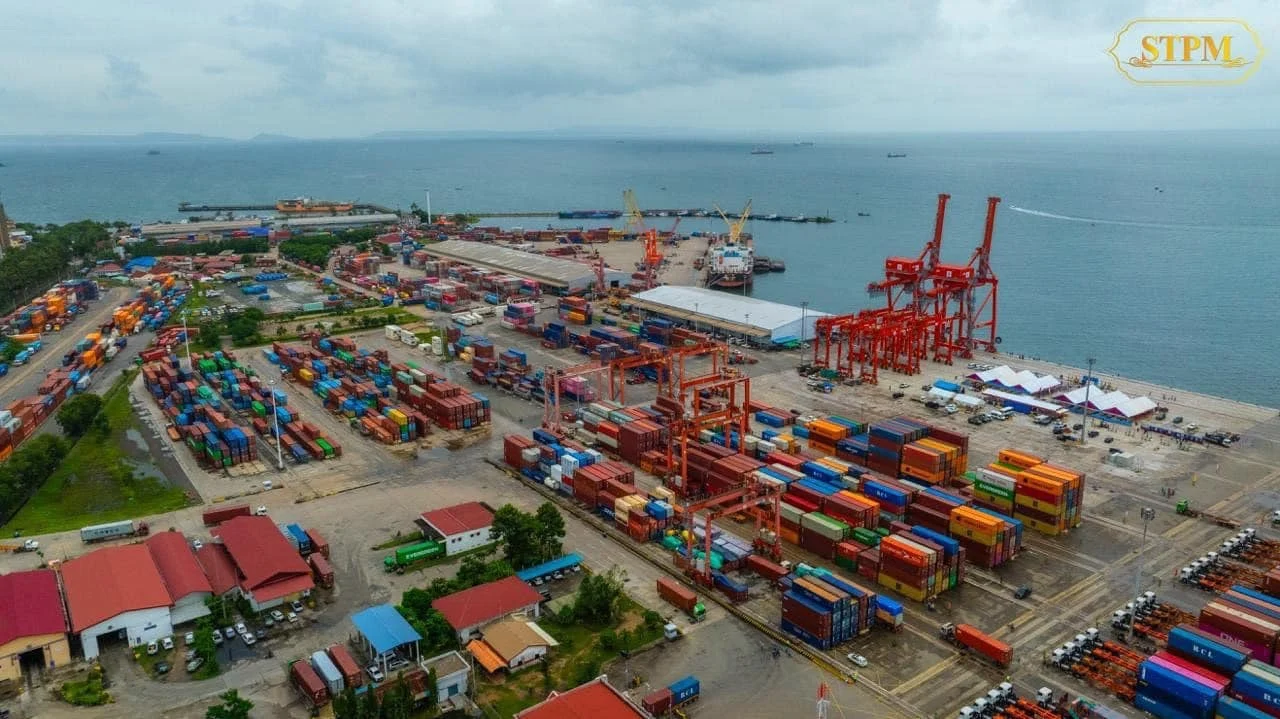The prestigious 2025 Nobel Prize in Economic Sciences has been jointly awarded to three distinguished scholars: Joel Mokyr, Peter Howitt, and Philippe Aghion. Their groundbreaking research, which illuminates how economic growth is fundamentally driven by innovation, earned them this esteemed recognition.
Dr. Joel Mokyr, 79, from Northwestern University in the United States, Dr. Peter Howitt, 79, from Brown University, also in the United States, and Dr. Philippe Aghion, 69, who conducts his work at INSEAD in France and the London School of Economics and Political Science in the United Kingdom, are the recipients. The Royal Swedish Academy of Sciences announced their selection on October 13, highlighting their profound contributions to understanding the mechanisms of economic development.
Joel Mokyr’s extensive work has primarily focused on the “necessary conditions to maintain economic growth through technological progress.” Meanwhile, Philippe Aghion and Peter Howitt are celebrated for their theory of sustained economic growth, a concept central to their collective work. The Royal Swedish Academy of Sciences underscored the significance of continuous technological advancement in generating novel products and production methodologies. These innovations form the bedrock of sustainable growth and play a crucial role in enhancing the quality of life for people globally. However, the Academy also noted that despite significant breakthroughs, economic growth can sometimes stagnate.
Mokyr delved into historical documents to unravel why sustained economic growth has evolved into a new norm. He posited that for innovation to continue flourishing, it is not merely enough to recognize its effectiveness; a scientific understanding of its underlying mechanisms is essential. He also emphasized the critical importance of societies maintaining an open stance towards new ideas and embracing transformative change.
Economists Philippe Aghion and Peter Howitt meticulously studied the intricate dynamics underpinning sustained growth. In a seminal 1992 paper, they developed a mathematical model for the concept of “creative destruction.” This powerful idea illustrates how the emergence of new, superior products in the marketplace inevitably impacts and often displaces companies that sell older, less competitive products. Innovation, therefore, represents both creation and disruption, as older technologies become obsolete and struggle to compete.
These three scientists have collectively demonstrated that creative destruction inherently generates conflicts that must be addressed constructively. Failure to do so risks innovation being stifled by established enterprises and vested interest groups. John Hassler, the Chair of the Nobel Committee for Economic Sciences, remarked that the laureates’ work profoundly illustrates that economic growth should not be taken for granted. He stressed the imperative to preserve the fundamental mechanisms of creative destruction to prevent a return to periods of economic stagnation.
The Nobel Prize in Economic Sciences is the final award presented annually, following the prizes for medicine, physics, chemistry, literature, and peace. This particular award was not part of Alfred Nobel’s original will but was established in 1968 by the Swedish central bank, Sveriges Riksbank, to commemorate its 300th anniversary. The bank continues to provide the funding for this prestigious prize.
This year’s laureates will receive a gold medal, a diploma, and a monetary award of 11 million Swedish Kronor, equivalent to approximately 1.2 million US dollars. The Nobel Prize in Economic Sciences has been awarded 57 times to date, with American scientists consistently dominating the field. Last year, the prize was shared by American economists Daron Acemoglu, Simon Johnson, and James A. Robinson, recognized for their research into the formation of social institutions and their profound impact on prosperity.






